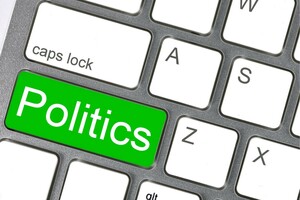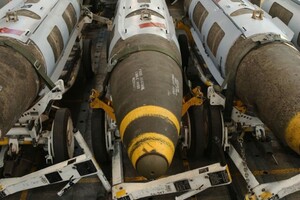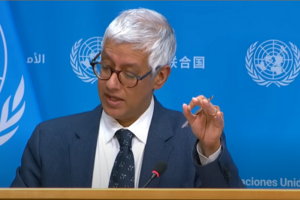Earlier this week Obama's own party resisted his lobbying for a major trade bill, but on Wednesday Senate leaders said they had forged a deal to move forward with the Trans-Pacific Partnership (TPP) and Trade Promotion Authority (TPA). Will this bill ultimately be considered a bipartisan success that benefits Americans or something harmful to the economy, jobs, and US citizens? Or, is the answer somewhere in between? Here's a look at what's being said in the media.
Snippets from the Left
New York Times
"The larger aim is to secure a 12-nation agreement known as the Trans-Pacific Partnership, spanning the Pacific from Canada and Chile to Japan and Australia and encompassing 40 percent of the world’s economic output. Mr. Obama sees the pact as a central part of his economic legacy, the largest trade deal in two decades and the realization of his foreign policy pivot toward Asia.
It also means money. Major American business interests, from Nike to Boeing and Hollywood to Silicon Valley, want the deal badly. Labor and environmental groups see it as a threat to American workers at the expense of profits."
Snippets from the Right
Fox News
"Liberals often like to talk about equality and leveling the playing field. Well, let’s not forget that trade agreements do just that. Right now nearly 70 percent of U.S. imports are duty free. Negotiating and implementing agreements that lower the trade barriers for US exports will level the playing field and create equal opportunities for U.S. companies. That will result in economic growth, more jobs, and a positive economic impact for all U.S. citizens.
When you cut to the chase, conservatives and liberals should stop demonizing trade with unsubstantiated arguments and embrace the long-standing bipartisanship that surrounds the topic."
Snippets from the Center
NPR
"Nike says that under the TPP's terms, Americans would pay much less in tariffs on footwear. As a result of those savings, the company would be able to move forward with plans to develop advanced manufacturing facilities in the United States, which in turn would create 10,000 good jobs.
In a phone interview Friday, Jason Furman, chairman of the White House Council of Economic Advisers, said that's exactly what the president wants to see — more high-paying jobs resulting from the opening of new markets and lowering of tariffs.
Moreover, Obama wants the TPP to force Asian nations to raise labor standards, which then would 'give U.S. companies less incentive to ship jobs overseas,' Furman said."



